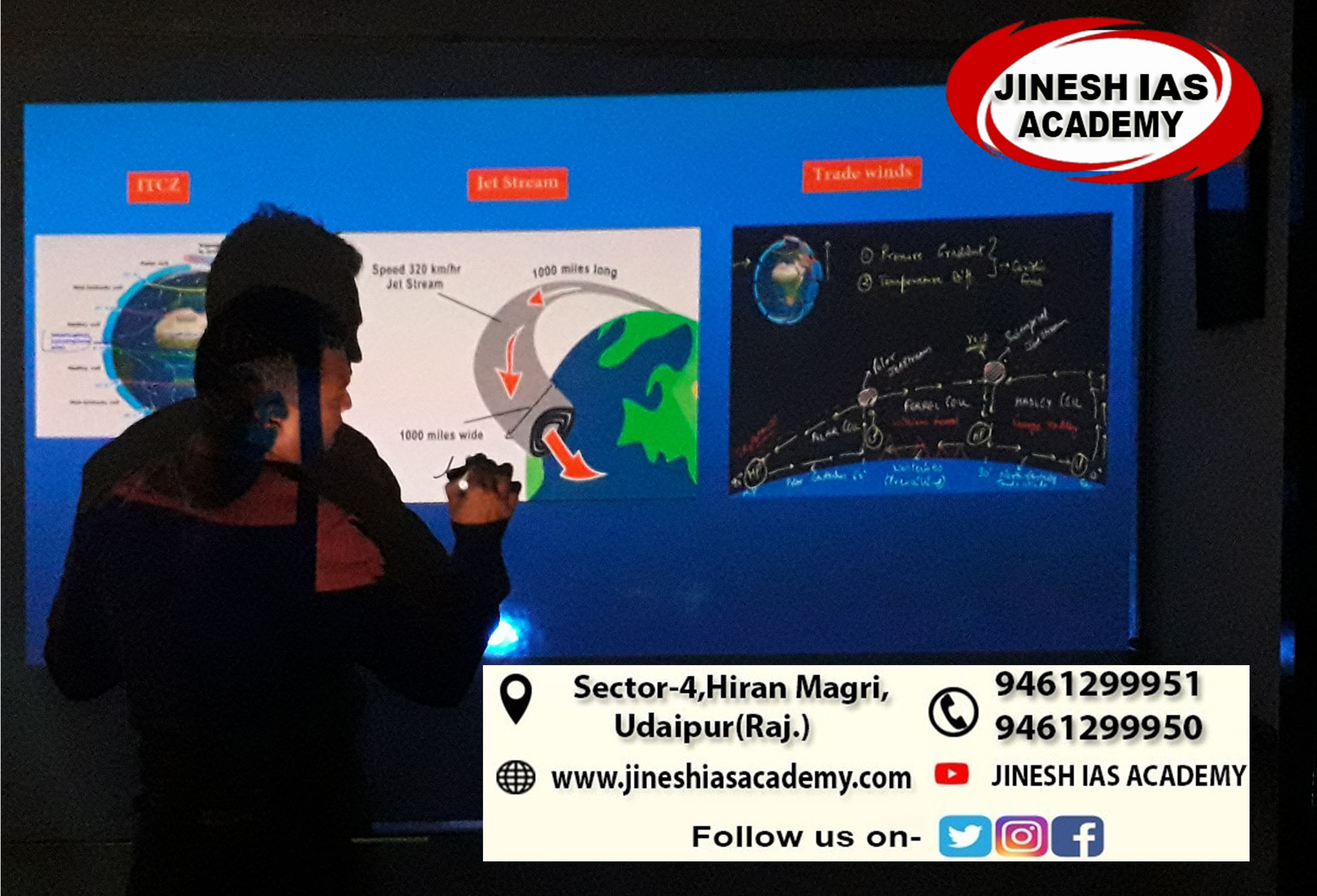BR Ambedkar (130th birth anniversary)
Recently, the nation celebrated the 130th birth anniversary of B R Ambedkar. His role as a social reformer, chairman of the draft committee of the Indian Constitution, and first law minister of the country is well-known.
However, there are many lesser-known attributes about B R Ambedkar that helped in nation-building and continues to have a prominent impact on present Indian socio-economic-political setup.
As India is about to celebrate the Azadi Ka Amrit Mahotsav to commemorate 75 years of Independence, it is imperative to recognise the role played by BR Ambedkar.
Opposition to untouchabilityAs Ambedkar was educated by the Princely State of Baroda, he was bound to serve it. He was appointed Military Secretary to the Gaikwad but had to quit in a short time. He described the incident in his autobiography,Waiting for Visa . Thereafter, he tried to find ways to make a living for his growing family. He worked as a private tutor, as an accountant, and established an investment consulting business, but it failed when his clients learned that he was an untouchable. In 1918, he became Professor of Political Economy in the Sydenham college of commerce and Economics in Mumbai. Although he was successful with the students, other professors objected to his sharing a drinking-water jug with them. Ambedkar had been invited to testify before the Southborough Committee , which was preparing the Government of India Act 1919 . At this hearing, Ambedkar argued for creating separate electorates and reservations for untouchables and other religious communities. In 1920, he began the publication of the weekly Mooknayak (Leader of the Silent) in Mumbai with the help of Shahu of Kolhapur i.e. Shahu IV (1874–1922). Ambedkar went on to work as a legal professional. In 1926, he successfully defended three non-Brahmin leaders who had accused the Brahmin community of ruining India and were then subsequently sued for libel. Dhananjay Keer notes that "The victory was resounding, both socially and individually, for the clients and the doctor". While practising law in the Bombay High Court t, he tried to promote education to untouchables and uplift them. His first organised attempt was his establishment of the central institution Bahiskrit Hitakarini Sabha, intended to promote education and socio-economic improvement, as well as the welfare of "outcastes", at the time referred to as depressed classes. For the defence of Dalit rights, he started many periodicals like Mook Nayak, Bahishkrit Bharat, and Equality Janta. He was appointed to the Bombay Presidency Committee to work with the all-European Simon Commissionin 1925.This commission had sparked great protests across India, and while its report was ignored by most Indians, Ambedkar himself wrote a separate set of recommendations for the future Constitution of India.s By 1927, Ambedkar had decided to launch active movements against untouchability. He began with public movements and marches to open up public drinking water resources. He also began a struggle for the right to enter Hindu temples. He led a satyagraha in Mahad to fight for the right of the untouchable community to draw water from the main water tank of the town. In a conference in late 1927, Ambedkar publicly condemned the classic Hindu text, the Manusmriti (Laws of Manu), for ideologically justifying caste discrimination and "untouchability", and he ceremonially burned copies of the ancient text. On 25 December 1927, he led thousands of followers to burn copies of Manusmriti. Thus annually 25 December is celebrated as Manusmriti Dahan Din (Manusmriti Burning Day) by Ambedkarites and Dalits. In 1930, Ambedkar launched the Kalaram Temple movement after three months of preparation. About 15,000 volunteers assembled at Kalaram Temple satygraha making one of the greatest processions of Nashik . The procession was headed by a military band and a batch of scouts; women and men walked with discipline, order and determination to see the god for the first time. When they reached the gates, the gates were closed by Brahmin authorities. (Input by TEAM JINESH IAS ACADEMY) |
Role Played by BR Ambedkar
- Father of Indian Constitution: BR Ambedkar's legal expertise and knowledge of the Constitution of different countries was very helpful in the framing of the constitution.
- He became chairman of the Drafting Committee of the Constituent Assembly and played an important role in framing the Indian Constitution.
- Building a Just Society: As chairman of the Constitution’s drafting committee, he took meticulous measures to build a just society through liberty, equality, and fraternity.
- According to him, for India, where society is divided on the basis of caste, religion, language, and other factors, a common moral compass is needed, and the Constitution can play the role of that compass.
- In addition, the Poona Pact assured a fair representation of the depressed classes in the public services while earmarking a portion of the educational grant for their uplift.
- His advocacy for universal adult franchise ensured that women had the right to vote immediately after Independence.
|
Poona Pact – Important Facts
(Input by Team JINESH IAS ACADEMY) |
- Distinguished Economist: The Reserve Bank of India was conceptualized from the Hilton Young Commission’s recommendation, which considered Ambedkar’s guidelines laid out in The Problem of the Rupee: Its Origin and Its Solution.
- Role In Integrated Water Resources Management: His farsightedness helped in establishing the Central Water Commission and integrated water resources management through the establishment of the river valley projects like the Damodar River Valley Project, the Sone River Valley Project, the Mahanadi (Hirakud Project), etc.
- The Inter-State Water Dispute Act, 1956, and the River Board Act, 1956 emanate from his vision.
- Labour Leader: Ambedkar was the voice of the Depressed Classes on every platform. As their representative at the Round Table Conference, he championed the cause of labor and improving the condition of peasants.
- Also, as a member of the Bombay Assembly, Ambedkar opposed the introduction of the Industrial Disputes Bill, 1937, as it removed workers’ right to strike.
- As a labour member, he advocated for “fair condition of life of labour” instead of securing “fair condition of work” and laid out the basic structure of the government’s labour policy.
- Vision for India’s Agricultural Problem: His essay titled ‘Small Holdings in India and their Remedies’ (1918) proposed industrialization as the answer to India’s agricultural problem and is still relevant to contemporary debates.
- He was the first legislator in the country to introduce a Bill for abolishing the serfdom of agricultural tenants.
- Role in Ensuring Gender Parity: He contributed to the reduction of working hours to 48 hours per week, lifting the ban on the employment of women for underground work in coal mines, introducing the provisions of overtime, paid leave, and minimum wage.
- He also helped to establish the principle of “equal pay for equal work” irrespective of sex and maternity benefits.
- His advocacy of the Hindu Code Bill was a revolutionary measure towards ameliorating women’s plight by conferring on them the right to adopt and inherit.

Relevance of Ambedkar in Present Times
- Persisting Caste-Based Inequalities: Caste-based inequality in India still persists. While Dalits have acquired a political identity through Affirmative action like reservation and forming their own political parties, they lack behind in social dimensions (health and education) and economic dimension.
- Persisting Communal Problem: There has been a rise of communal polarization and communalization of politics. It is necessary that Ambedkar's vision of constitutional morality must supersede religious morality to avoid permanent damage to the Indian Constitution.
- In Babasaheb Ambedkar’s perspective, Constitutional morality would mean effective coordination between conflicting interests of different people and administrative cooperation.
- It will help to resolve the conflict amicably without any confrontation amongst the various groups working for the realization of their ends at any cost.
- Pro-People Policies: Ambedkar’s thinking and legacy are reflected in the pro-people, pro-poor welfare policies and programmes of the Government of India.
- For example, the Mudra Scheme for availing loans, Stand up India for promoting entrepreneurship in the SC and ST community, the Ayushman Bharat Scheme,Deen Dayal Upadhyay Gram Jyoti Yojna , the simplification of labour lawsare among the several measures that display the government’s unwavering commitment to fulfil the dreams of B R Ambedkar.
Conclusion
The development of Panchteerth — Janam Bhumi (Mhow), Shiksha Bhumi (London), Chaitya Bhumi (Mumbai), Diksha Bhumi (Nagpur), Mahaparinirvan Bhumi (Delhi) — are steps towards ensuring an appropriate legacy for Ambedkar, the nationalist reformer.
However, today India is facing many socio-economic challenges such as casteism, communalism, separatism, gender inequality, etc. We need to find the Ambedkar's spirit within us, so that we can pull ourselves from these challenges.
|
Jinesh IAS Mains Question The role played by B R Ambedkar has helped in nation building and continues to have a prominent impact on present Indian socio-economic-political setup.Discuss. |
